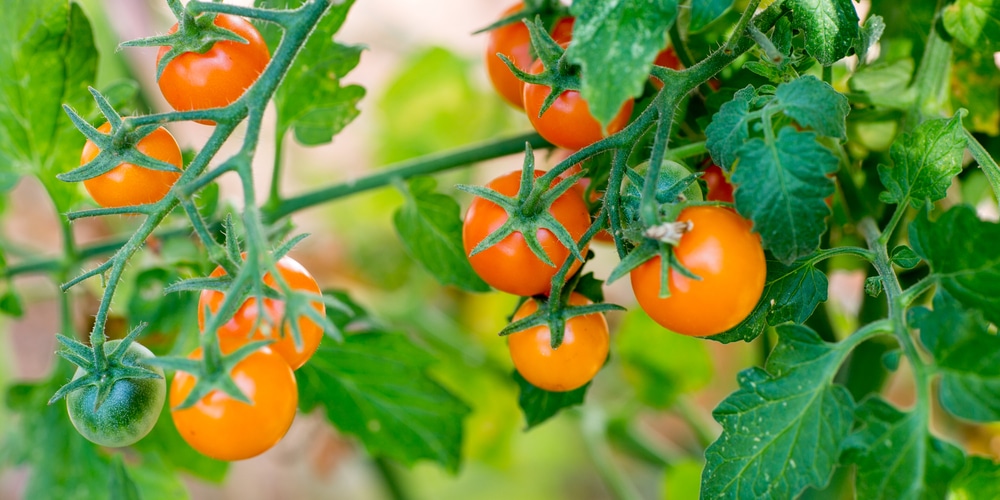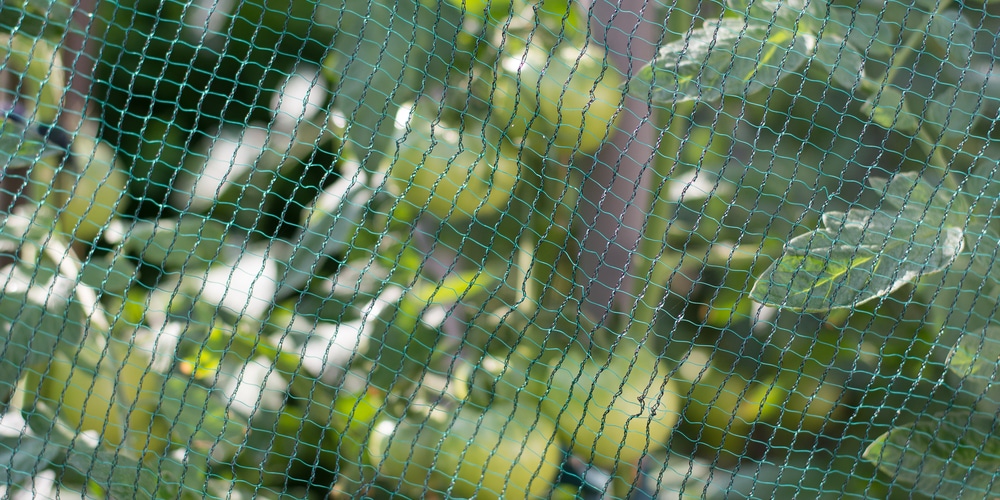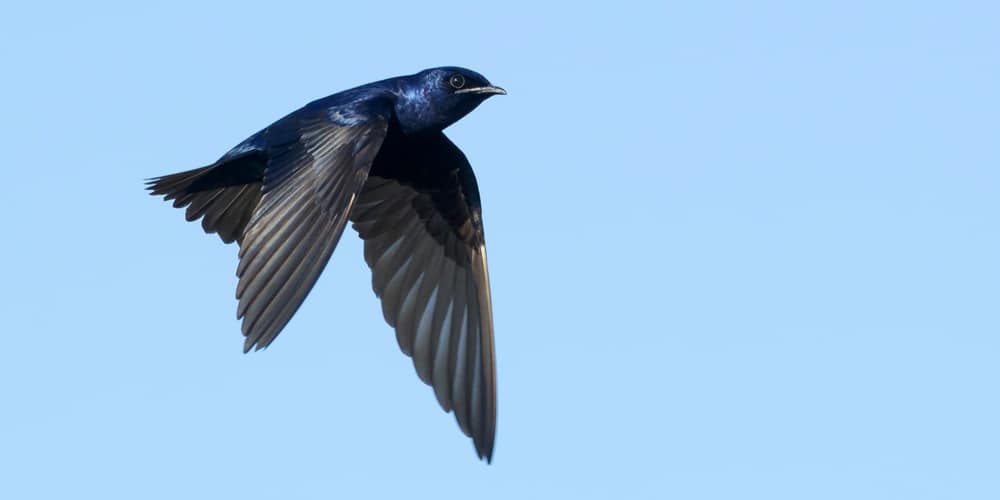Birds can be a huge nuisance when it comes to gardening. They eat the plants, but they also make a mess with their droppings. If you grow tomatoes this year, you will want to protect them from these feathered pests. This blog post will discuss some tips and tricks that will help keep the birds away from your tomato plants!
What Kind Of Birds Are Known To Eat Tomato Plants And Why
Tomato plants are a common food source for many different kinds of birds. Some of the most common bird pests that eat tomato plants include crows, finches, and sparrows.
These birds are attracted to the ripe fruits of the plant, and they can quickly decimate a crop. In addition to damaging the fruits, these birds also peck at the leaves and stems of the plant, causing further damage.
While there are many different ways to deter these pests, one of the most effective is installing bird netting around the garden’s perimeter.
This netting will create a barrier that will prevent the birds from being able to access the plants. In addition to deterring pests, bird netting can also help to protect your tomato plants from other animals, such as rabbits and deer.
How To Identify Bird Damage On Your Tomato Plants
Tomato plants are a favorite food source for many different types of birds. While a few pecks here and there may not seem like a big deal, bird damage can take a significant toll on your tomato crop. Fortunately, a few telltale signs can help you identify bird damage on your plants.
One of the most apparent signs of bird damage is missing fruit. If you notice that ripe tomatoes are disappearing from your plants, birds are likely the culprits. Another common sign of bird damage is chewed leaves.
Birds typically go for the softest, most tender leaves first, so if you see leaves with ragged edges or holes, it’s a good indication that birds have been snacking on your plants.
Finally, keep an eye out for footprints or droppings near your tomato plants. These can be surefire signs that birds are regularly visiting your garden.
By keeping an eye out for these signs of bird damage, you can take steps to protect your tomato crop and enjoy a bountiful harvest.
The Best Ways To Protect Your Tomato Plants From Birds
Birds can be a real nuisance to tomato growers. They peck at the fruit, leaving behind unsightly bruises and making the tomatoes more susceptible to rot. In addition, birds can spread disease from one plant to another.
Fortunately, growers can take a few steps to protect their plants. One option is to cover the plants with netting. This will prevent birds from being able to access the fruit, but it will also block out sunlight and hinder air circulation.
Another option is to use scarecrows or wind chimes to scare away birds. However, these methods only work for a short period before the birds become accustomed to them.
The best way to keep birds away from tomato plants is to use several different methods. By taking a proactive approach, growers can enjoy a bountiful harvest of healthy tomatoes.
Tips For Deterring Birds From Your Garden In General
In addition to protecting your tomato plants, there are a few other things that you can do to deter birds from your garden in general. One of the best ways to keep birds away is to ensure that there is no food source for them.
This means keeping your yard clean and free of garbage. You should also avoid feeding birds in your yard, which will only attract more birds to the area.
If you have a pond or other water source in your yard, you can also use a floating device to deter birds. This device will create movement on the water’s surface, which will scare away any birds that are trying to land. You can find these devices at most garden stores.
Protect tomato plants from birds: Final Thoughts
As you can see, there are a number of ways that you can protect your tomato plants from birds. By following the tips and tricks listed above, you’ll be well on your way to keeping your plants safe and healthy.
Related article: Grass Seeds That Birds Won’t Eat


